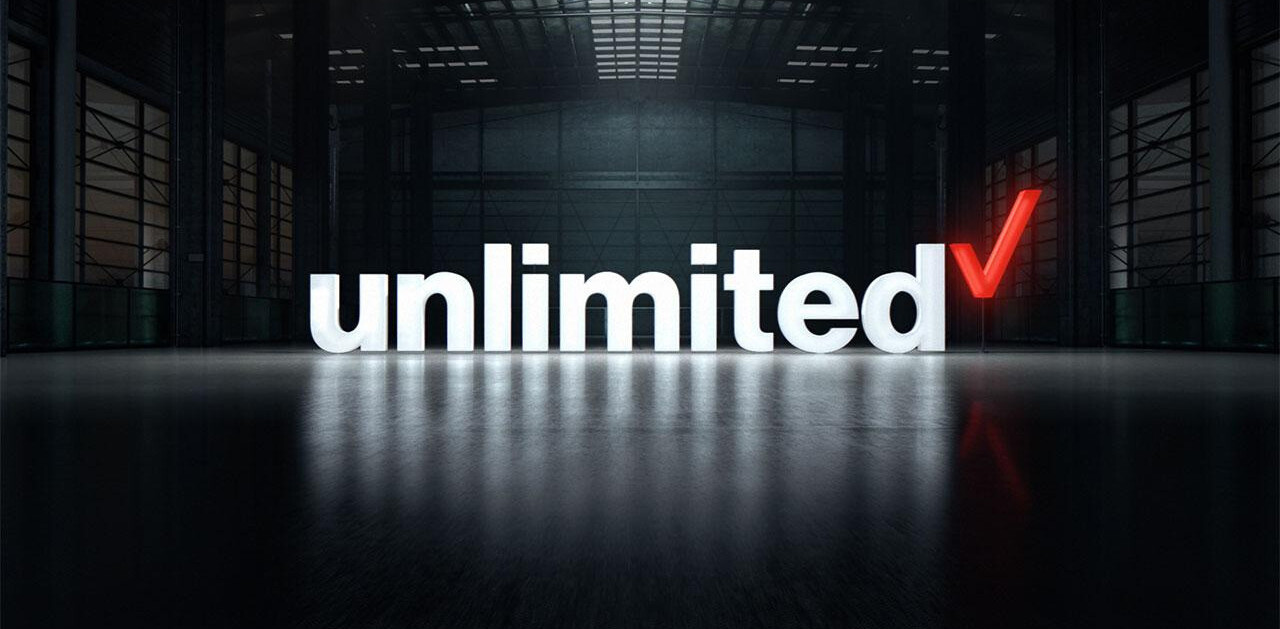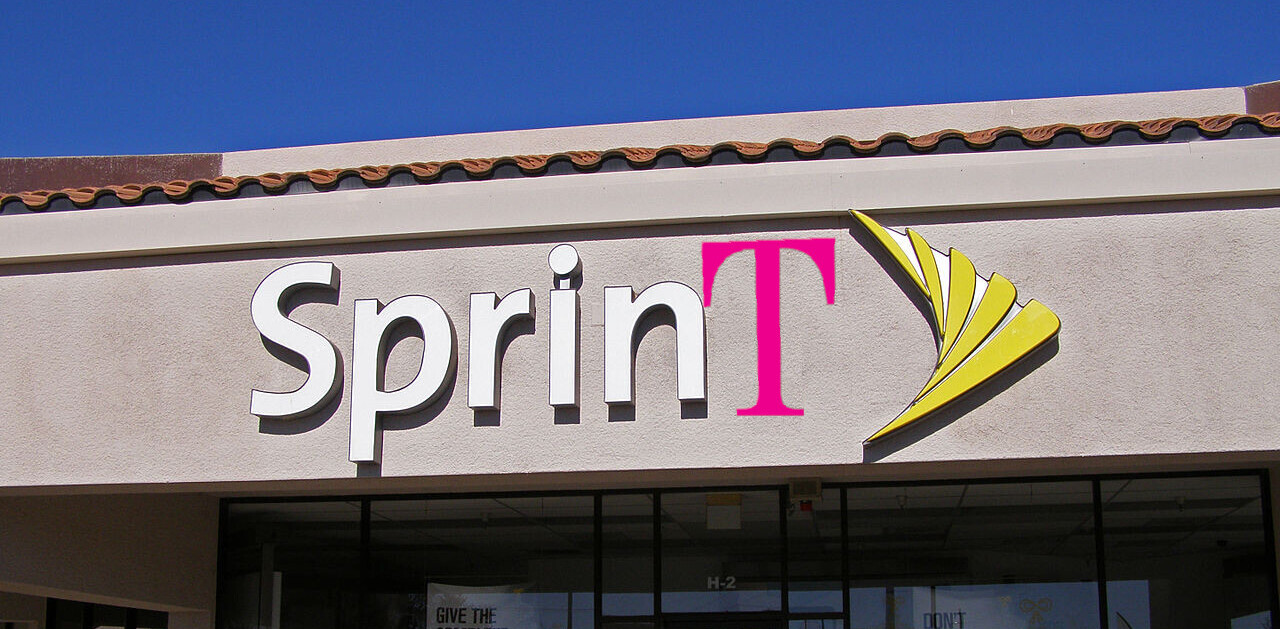
American wireless carrier AT&T has pulled its bid for rival T-Mobile USA, reports the NYT. The company is expecting a pre-tax hit of $4B, which it promised in the incident that the deal did not go through.
AT&T released this statement about the deal going south:
The actions by the Federal Communications Commission and the Department of Justice to block this transaction do not change the realities of the U.S. wireless industry. It is one of the most fiercely competitive industries in the world, with a mounting need for more spectrum that has not diminished and must be addressed immediately. The AT&T and T-Mobile USA combination would have offered an interim solution to this spectrum shortage. In the absence of such steps, customers will be harmed and needed investment will be stifled.
AT&T says that it will enter into ‘a mutually beneficial roaming agreement’ with Deutsche Telekom-owned T-Mobile in order to serve its customers with additional spectrum.
The deal has met with considerable opposition from consumer advocacy groups and the FCC since it was announced earlier this year. While T-Mobile and AT&T made arguments that it would help them to serve more customers and that the merger would be a pro-consumer move, competitors Verizon and Sprint said that it would stifle competition and make things significantly worse for mobile subscribers.
Since late last month, when AT&T pulled its FCC application for the T-Mobile merger deal in the USA, we’ve had been waiting for the Department of Justice to respond. Then, last week, the DOJ has asked a Federal judge for a delay in the trial because of the move by the telecom.
With the announcement that the FCC would seek to review AT&T’s acquisition of Deutsche Telekom-owned T-Mobile USA by sending it to an administrative law judge for review, both AT&T and T-Mobile withdrew their applications.
In the end, the deal failing hard is pretty close to the expected outcome, if not by the method that most predicted. Instead of a long drawn out merger hearing and battle, AT&T is throwing in the towel and taking its $4B loss on the chin.
It’s probably for the best though, I can count on one hand the number of people I’ve talked to who had anything positive to say about this deal that didn’t stand to gain financially from it.
Get the TNW newsletter
Get the most important tech news in your inbox each week.




